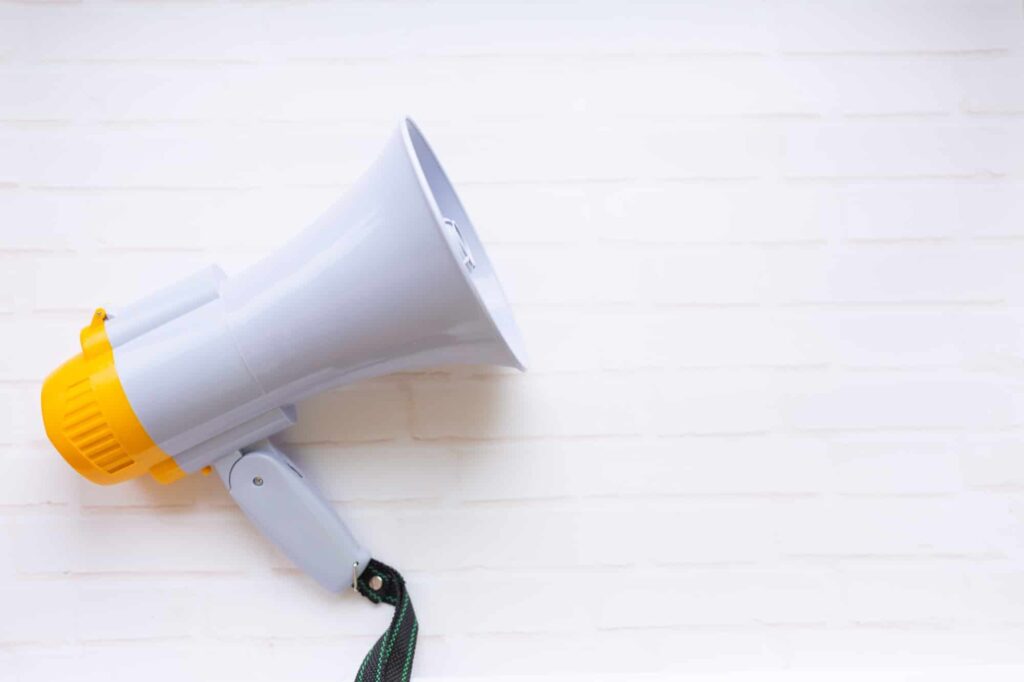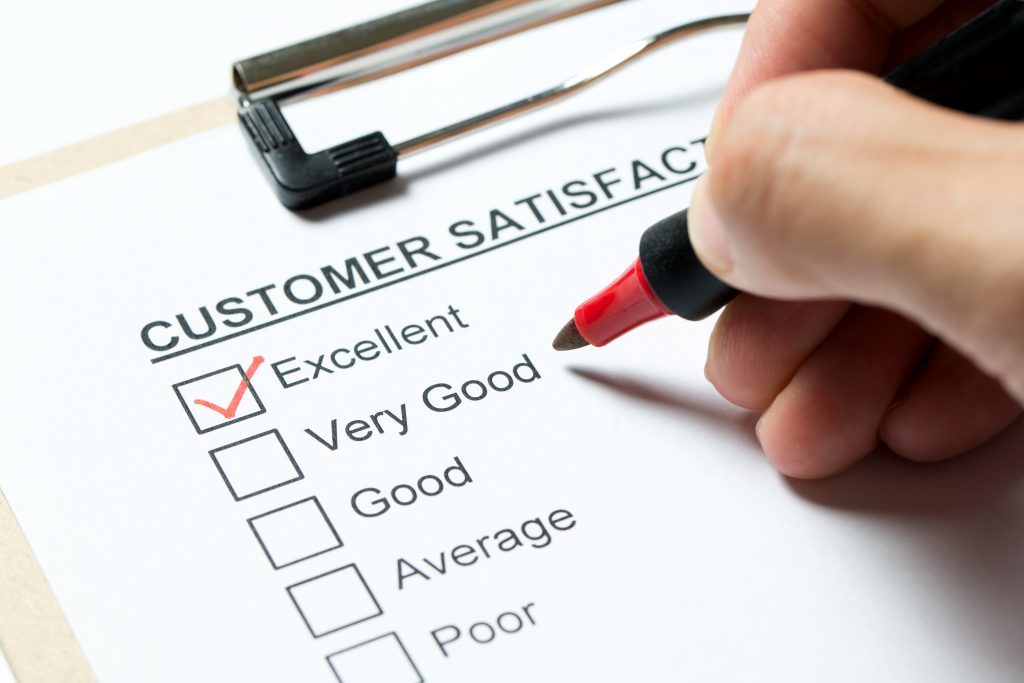You’ve planned an event that your target audience will love. Now it’s time to make sure people show up. That…
You’ve planned an event that your target audience will love. Now it’s time to make sure people show up. That means promoting the event early and often until your event is at capacity or the start of the event.

You can use a variety of tactics to promote an event. Social media and traditional advertising are both great options. But 78% of event marketers say email marketing is their most effective marketing tool for event promotion.
Targeting is at the center of any effective marketing campaign. Your team must decide if your event is relevant to your entire list. Your list of potential attendees is likely smaller than your email list.
That doesn’t mean your event has to be relevant to your entire list to be worth hosting. However, your event should be designed to attract an audience segment that’s likely to have a significant impact on your business.
In-person or Virtual? Free or Paid? Ticketed or Non-ticketed? These are a few of the questions you’ll need to answer while planning your event. The decisions you make will affect the effort and budget required to make the event a success.
Your company could host a virtual event with internal experts, an in-person seminar with local guest speakers, or a conference with a renowned keynote speaker. The options are endless, and some trade shows seem to have endless budgets.
Below we have listed some advantages and disadvantages of the different event formats to consider.

– Budget-friendly option for both hosts and attendees
– Covid-19 safe
– Potential for higher participation
– Collect digital feedback & analytics in real-time
– Lack of in-person interaction
– Technical issues
– Digital Distractions

– Allure of destination
– Immersive experience (see or try products)
– In-person interaction
– Cost for attendees and hosts
– Travel
– Covid protocols
– Difficult to choose an appropriate time and place
Regardless of the type of event, you can still use the following strategies to promote your event with email.
We recommend using a variety of email strategies to promote your upcoming event. You can use the following strategies to reach your email list and the email list of promotional partners.

An event launch campaign is the first step in a successful event email marketing campaign. The more lead time you have to promote your event, the better. We recommend building interest in your event before details are finalized.

Promoting your event to relevant individuals within your personal business network is a great way to stack the deck in your favor. Brainstorm a list of individuals who work in your niche that would genuinely enjoy your event and send them a personal email invite.
This strategy becomes more powerful when more people are involved. Encourage your employees to send event invites to their networks as well. You could entice customers to participate by offering a prize for the employee who invites the most attendees.
It’s time to put on your public relations hat. Compile a list of relevant websites, social media pages, magazines, etc. After creating this list, do a little bit of research. Do they routinely promote events? Who normally writes those blog posts?
When reaching out to these partners, it is essential to make it easy for them to share information about your event. Anticipate what information and assets they will need to write an article or create a social media post.
Most events aren’t sold out during the launch campaign. It may take months of reminder emails to reach your goal. But with months of quality content and creative promotion strategy, you can reach your goal!
Here are a few content ideas & strategies for your event registration campaign:
If this is a regularly held event use social proof from the previous event for promotion. This could be testimonials featuring a previous attendee (graphics or interview-style videos) or a “hype” video that uses footage from previous events.

When hosting an in-person event, the location is part of the draw for attendees. Event attendees often seek out educational opportunities with benefits. This benefit is often a mini-vacation. That’s why conferences are often held in New York City or Las Vegas. Sending a follow-up email that hints at doing business over a few beers in a beautiful city could convert some potential event attendees.
Use the name of guest speakers in your written email copy (subject lines, content, etc.) to drive interest. If your guests are well known to your audience their personal brand will do the heavy lifting. If your guest is less well-known, your team can write copy to boost the speaker’s personal brand in the eyes of your audience.
We suggest incorporating visual content (video & photos) into your “name drop” strategy. Marketing teams can use existing photos/videos from the speaker’s press kit, adapt existing material into branded graphics, or work with the client to create custom visual content specific to the event. Creating visual content will encourage the content to be shared leading to a boost in word-of-mouth marketing.
Click here to watch Salesforce capitalize on the star powers of their guests to promote Dreamforce.
Does your speaker have their own email list? If they do, it’s an opportunity for your brand to reach a unique audience. To reach this audience, coordinate with your speaker’s marketing team to create an email campaign originating from their email accounts.
We suggest evaluating the promotional value of a speaker before reaching an agreement for them to speak. Do they have a strong personal brand? Are they willing to promote the event to their audience?

Don’t neglect post-event email! This is an excellent opportunity to gather feedback while the event is still fresh in the mind of your attendees.
We suggest creating a survey to collect data from attendees. There are many survey tools to choose from, 3 survey tools we recommend are Google Forms, Qualtrics, and Survey Monkey.
When creating a survey, it’s important to ask close-ended questions because closed-ended questions create a data set that is easier to analyze. Close-ended questions could be multiple choice, Net Promoter Score style questions, or Yes/No questions. That being said, including open-ended questions can help attendees leave more detailed feedback.
Here are a few potential survey questions:
Did you feel that the price of the event aligned with the value provided? Yes or No.
How did you find out about the event? Open-ended
How would you rate the ease of registering for our event? 1-5
What was your favorite part of the event? Open-ended
How likely are you to attend an event hosted by our company in the future? 1-5
When creating post-event emails, remember there were different categories of attendees. Types of attendees could include normal attendees, sponsors, and guest speakers. Successful event hosts recognize the different attendees and gather feedback to improve the experience for each unique group.
Part of the reason email marketing is so effective is its versatility. Promoting your event through email is much more than simply sending a templated email blast through your email marketing software.
Your CEO can send personal email invites to thought leaders in the space, while your PR staff sends personalized emails to bloggers and your guest speaker’s marketing team sends an email invite from their channels. All while your automated email sequences are working for you.
Copyright © 2017-2025 · Carbon Digital · All Rights Reserved.